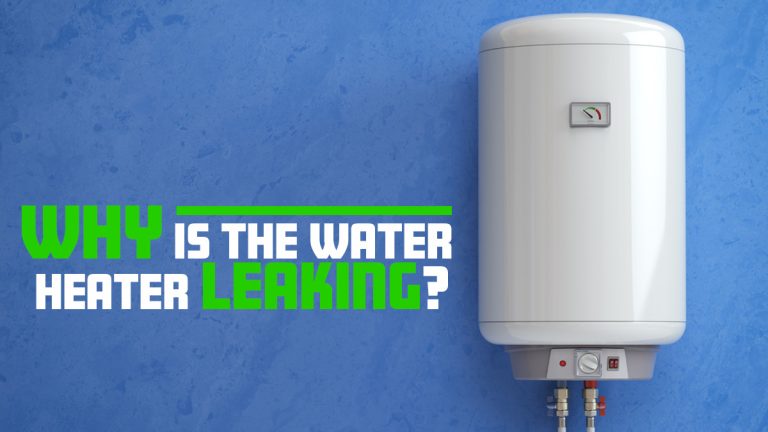Last Updated on June 5, 2024 by Aiman Emaan
If you’re like most homeowners, one of the most crucial items in your house is your water heater. In addition to giving you hot water for showers and cooking, it prevents your pipes from freezing in the winter. To stop further damage, it is crucial to identify what caused a leak or other problem with your water heater.
What causes and what to stops water heater leaks
If your water heater is leaking but the exterior shows no obvious signs of corrosion or damage. There may be another issue with the unit, such as a poor seal between the tank walls and the metal shell around them. This can cause some serious damage over time if left unchecked. By following these steps closely we’ll help make sure things don’t get worse before they get better.
Water leakage from the drain valve
It’s critical to understand why your water heater is leaking and how to repair it. If your drain valve is leaking, water will flow from the tank into your basement or crawl space. If this happens, it can cause some damage to your walls and flooring. Water from a broken drain valve can make them wet and over time, that can cause some problems.
Loud or odd noises in the water heater
If your water heater makes loud or strange noises, it’s likely because of the water hammer. A water hammer is a loud banging noise that can be heard when the water supply is shut off. This happens because a sudden stop in the hot water pressure inside your tank results in vibrations and pounding noises.
A water hammer can damage your heater by cracking pipes and causing leaks around fittings or valves. If you notice these problems, call a professional plumber immediately. They can fix them before they develop into bigger problems that affect other plumbing system components in your house.
The drop of hot water available
If you’ve noticed your hot water supply has decreased, it’s time to look into why. The most common culprits are pressure relief valve leaking. This is the part of your tank that releases excess pressure when you turn on your hot water heater. It can also be called a check valve orifice. Although it typically leaks from the bottom of your tank, it can occasionally happen from other places as well. When this occurs, there will be a pressure drop, which will result in less hot water flowing from your faucet (or shower).
If this happens in the winter when it regularly drops below freezing. There may not be enough pressure passing through these valves as a result of the cold weather conditions. This leads them to totally freeze up, at which point they urgently need repair.
Your tank’s exterior is rusted
If you notice rust on the outside of your tank, rust has most likely produced a leak. The simplest way to prevent this issue is to regularly inspect, clean, and keep your water heater away from moisture.
When a water tank is exposed to air or other elements for a long time, it corrodes (such as being left in a rainstorm). Corroded sections may subsequently begin to leak. Creating damage within the tank itself, in which case you will require professional assistance with repairs or replacement work.
The drastic bill increased.
If your power bill has skyrocketed, it could be due to an issue with your water heater or plumbing leakage. Try running water through each faucet in the house one at a time to see if any drips come out. Do this if you think your system has leaks but can’t immediately see them.
Either a hot water outlet or a cold water inlet connection.
The first thing to check is the connection. Make sure that it’s tight and that no leaks are present. If you find a leak, repair it immediately so that you don’t contaminate your water supply with harmful chemicals or bacteria.
If the issue has not been resolved and you continue to suspect your water heater leaks. Consider consulting plumber experts, they can help you identify the issue’s root problem and determine the best action to take.

